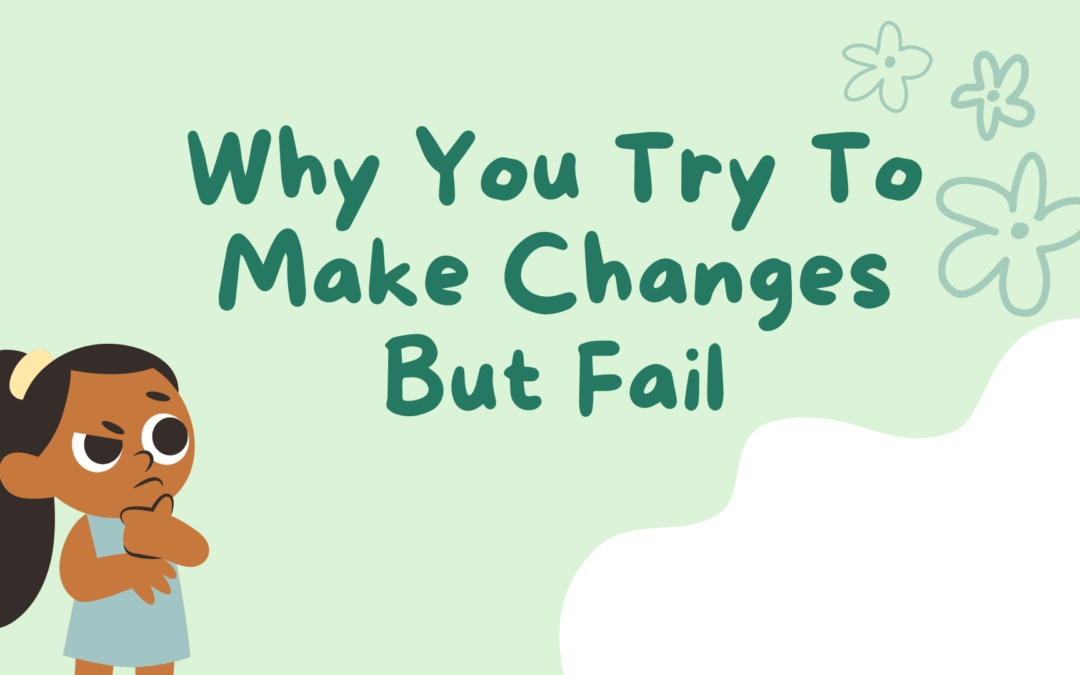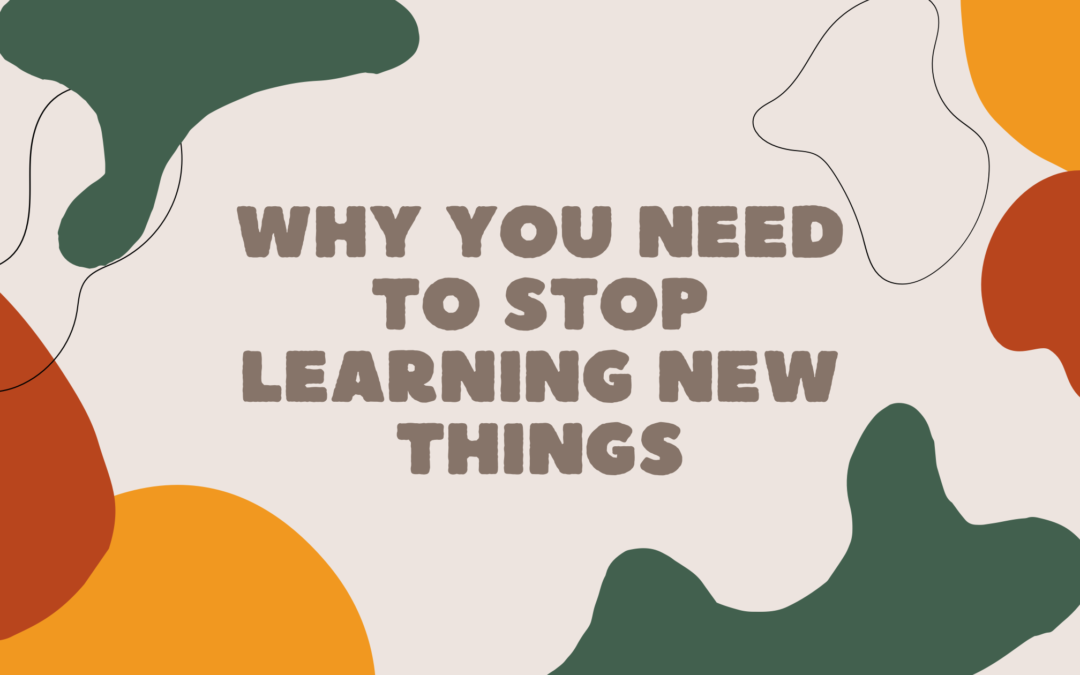
Schedule Joy In Your Life
You know lately, life hasn’t been bad but it hasn’t been great either. There’s too much stuff to think about, act on and plan. Not to mention the big life changes such as not being in school anymore and friends moving away 🙁
Going to college is the easy exciting part. Knowing that I am not in school anymore and won’t see my friends every day in the familiar building is hard.
So yeah life’s not been easy exactly.
And I know I’m not the only one who can feel that way.
There are days when even though nothing particularly is wrong but things can still feel dull.
Dealing with the day-to-day can be tough and it’s easy to get bogged down by the mundane. But life is too short to be stuck in a rut! That’s why it’s important to find ways to add a little joy into your everyday routine.
One way to do that is by scheduling some joy.
It may sound a bit silly but bear with me. If you’re used to living life spontaneously, the idea of planning out your fun might seem a bit strange.
One might think that if you’re scheduling it, isn’t fun. But that’s not necessarily the case!
Scheduling good things in your life can be your saviour when things are monotonous. It’s a way of making sure you have something to look forward to.
So what exactly does scheduling joy mean?
It means setting aside time specifically for activities that make you happy.
This can be anything from reading your favourite book, taking a nature walk, visiting a new place, trying out a new recipe or watching a feel-good movie.
The important thing is that it’s something you enjoy and makes you feel good.
The benefits of scheduling joy would show up in times of extreme stress and worry. The joy that you have scheduled in your routine negates the specks of worry here and there in daily life. So when you do have to deal with a real problem, your mental capacities are free to do, instead of being stuck in trivial problems.
Scheduling joy is not only beneficial in terms of mental health but also creates a sense of stability and routine. Those little scheduled pockets of time could be anything you need them to be – time with loved ones, opportunity to explore something new or maybe reflecting on the day.
So go ahead and try scheduling some joy in your life! You may find that it’s just what you need to get out of a rut.





